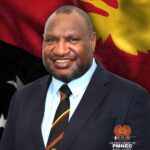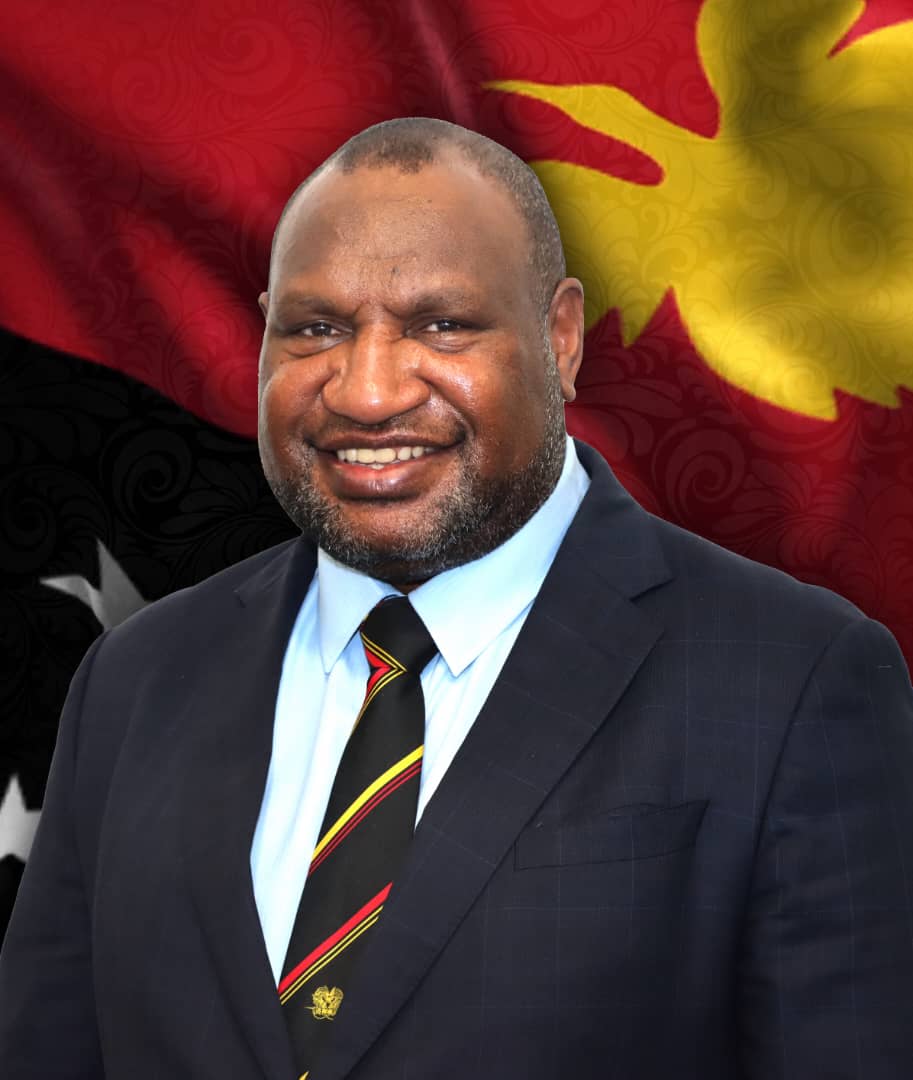Prime Minister Hon. James Marape has reaffirmed Papua New Guinea’s strong support for the development of high-integrity carbon markets under the Paris Agreement, emphasising the vital role of private-sector finance, sovereign-level safeguards, and equitable community benefits in advancing global forest conservation.
Speaking following key engagements at COP30 in Belém, the Prime Minister said the world must transition from undervaluing tropical forests to building a credible market system that rewards nations and communities for protecting the planet’s most critical carbon sinks.
Correcting the Historic Undervaluation of Forests
Prime Minister Marape highlighted decades-long challenges faced by forest nations:
• Carbon payments have been consistently too low — $5 per tonne from some existing mechanisms.
• Voluntary markets suffered from skepticism, inconsistent prices, and weak safeguards.
• Forest communities received little direct benefit.
• Past projects lacked transparency, enabling distrust and the “carbon cowboy” era.
“Forests are the lungs of the Earth,” PM Marape said. “Yet the people who protect them have not been fairly compensated. This must change.”
He emphasised that PNG’s 35 million hectares of pristine rainforest — coupled with the world’s lowest deforestation rate at 0.07% — represent a global public good that deserves fair and sustainable financing.
Paris Agreement Article 6 Creates a New Pathway
The Prime Minister welcomed the progress being made under Articles 5 and 6 of the Paris Agreement, which now provide a fully regulated architecture for high-integrity carbon credits.
Key highlights include:
• Sovereign-level issuance of Internationally Transferred Mitigation Outcomes (ITMOs)
• Strong environmental and social safeguards
• Robust monitoring, verification, and reporting
• Transparent revenue distribution mechanisms
• Clear roles for both the state and the private sector
PM Marape said that this new framework ensures credibility, safeguards integrity, and establishes fair and predictable revenue streams for forest nations and communities.
Private Sector Mobilisation Takes Centre Stage
The Prime Minister described a landmark moment he witnessed at COP30: the signing of a Letter of Intent between Suriname and Honduras to work with Deutsche Bank to access private-sector capital for high-integrity forest conservation financing under Article 6.2.
He commented the Coalition for Rainforest Nations for bringing governments and private capital into alignment.
“I saw firsthand how private-sector capital can be mobilised to assist in forest conservation. This is a new model of shared responsibility,” he said.
He added:“Private corporations contribute a significant share of global emissions. It is only right that they play a meaningful role in climate solutions. The state cannot act alone.”
Deutsche Bank’s structuring role — linking forest nations to corporate buyers in Europe — is expected to provide access to higher-value markets, including potential openings in the EU ETS at much stronger price points.
Fair Pricing and Community Benefits at the Heart
Participants from forest nations, including PNG, emphasised the need for carbon prices that reflect the true value of conservation.
Northern Governor Hon. Garry Juffa underscored that $80 per ton should be the baseline — matching what some landowners receive from logging.
While Deutsche Bank noted that such starting prices may be ambitious, all parties agreed that:
• pricing must be higher than the existing voluntary market ($10–$22 per ton)
• integrity will drive value
• communities must benefit directly and transparently
• revenue must empower landowners through alternative incomes such as coffee, cocoa, and vanilla
“People who protect forests must be the first beneficiaries,” PM Marape said. “Without their support, conservation cannot succeed.”
PNG Ready to Allocate Forest Parcels Under High-Integrity Frameworks
Prime Minister Marape confirmed PNG’s readiness to move decisively into high integrity Article 6.2-driven forest conservation partnerships.
He has instructed governors from all forest-rich provinces to:
• identify pristine forest areas
• map them accurately
• link them with traditional landowners
• work with development partners such as Coalition for Rainforest Nations
• prepare them for engagement with private-sector capital
“Papua New Guinea is willing, ready and able to allocate parcels of pristine forest for conservation under regulated, sovereign-level carbon market frameworks,” he said.
“This provides a pathway to uplift landowner welfare while preserving our global heritage.”
Resource Sector and International Partners Invited to Participate
PM Marape also extended an invitation to major corporations operating in PNG: “PNG is carbon negative. Any company wishing to offset its carbon footprint responsibly can do so through our forests. We welcome responsible partnerships.”
He noted that companies operating in oil, gas, and mining already understand the importance of credible decarbonisation pathways and can work with the state to develop mutually beneficial conservation priorities.
Forests and Oceans: Global Public Goods in PNG’s Care
Prime Minister Marape reinforced PNG’s commitment to both the green economy (forests) and blue economy (oceans):“These are global assets we hold in trust for humanity. Their conservation benefits the world, but our people must be empowered and supported.”
He added that:
• PNG’s role as a carbon-negative nation strengthens its credibility
• high-integrity markets provide long-term financial sustainability
• the combination of forestry, oceans, and biodiversity is central to climate resilience
“This is not only environmental policy — it is economic transformation.”
A Turning Point for Forest Nations
Prime Minister Marape concluded:“We have been responsible stewards of our forests for generations. Now the world is finally recognising their true value. With the right integrity, the right partnerships and the right market structure, forest nations can receive the recognition — and the financing — they deserve.”
He affirmed PNG’s commitment to work with Deutsche Bank, Coalition for Rainforest Nations, and private-sector partners to advance regulated, high- integrity carbon markets that deliver genuine benefits on the ground.
“This is a new frontier in climate action — practical, transparent and globally responsible. Papua New Guinea is ready to lead.”






